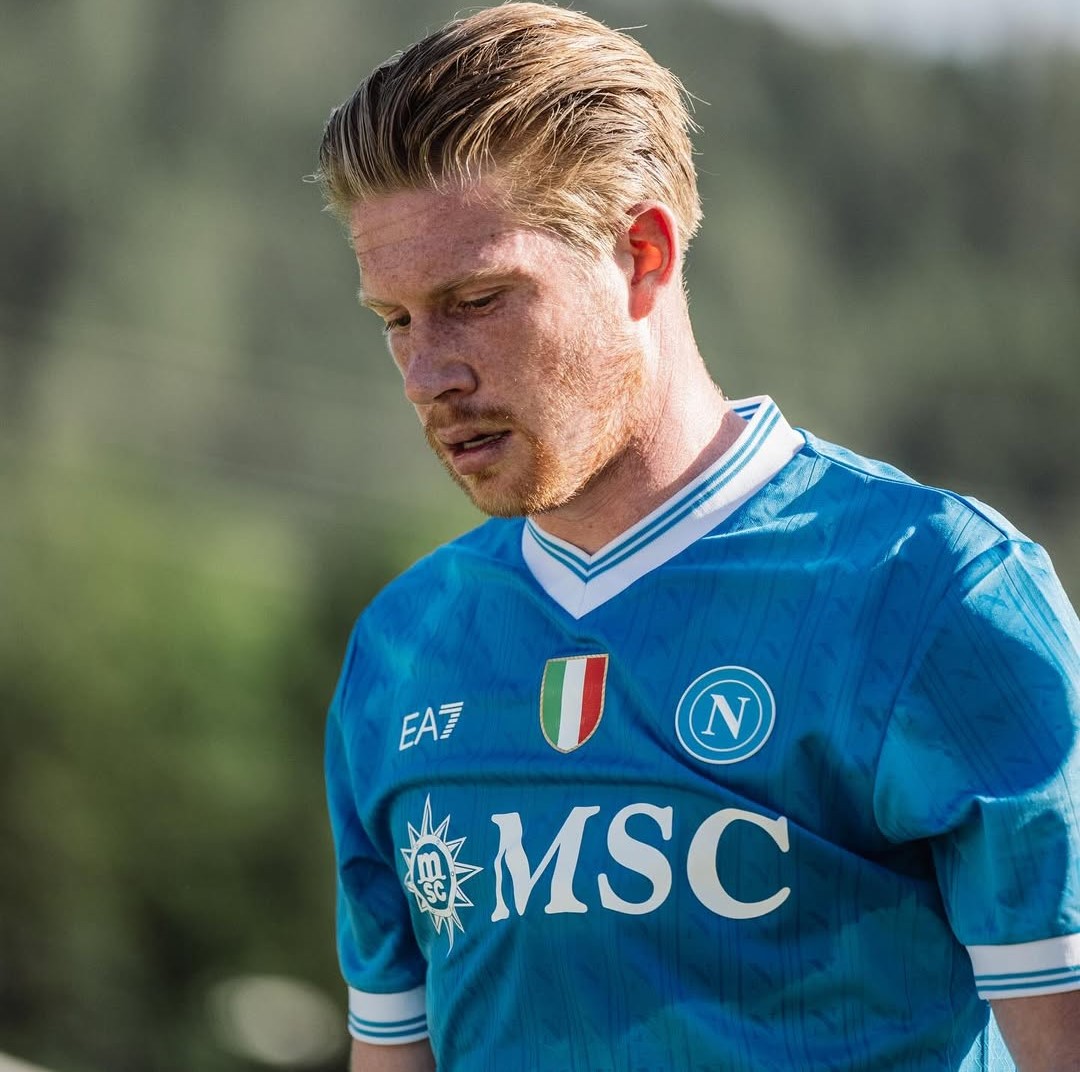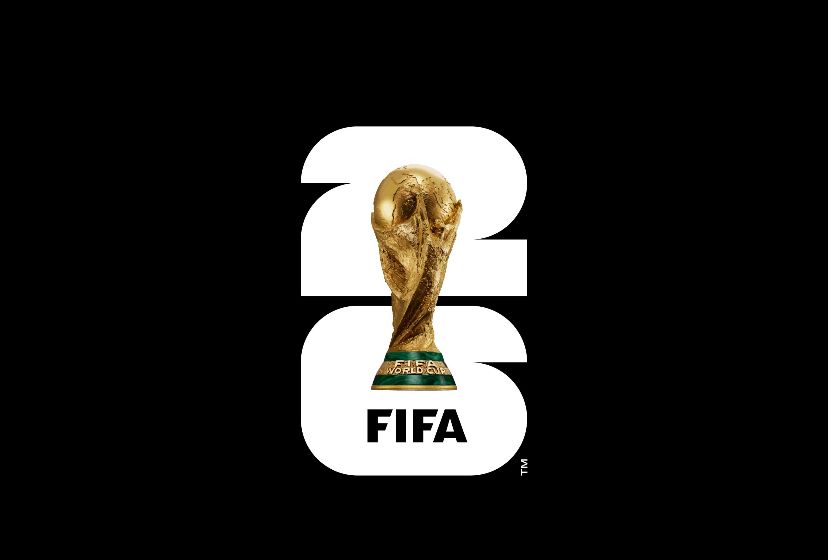Step into the world of Nigerian and West African football, and you’ll find a world far removed from the flashbulbs and headlines. Here, away from the roar of viewing centres and beyond the glare of television screens, is where the real work happens: the phone calls nobody hears, the late-night discussions with families hoping their child’s football dream becomes a reality. This hidden side of the beautiful game is where UK-based FIFA-licensed agent Ohi Longe has made his mark. For over seven years, Ohi has helped young players from Africa and beyond navigate the pressure-cooker of professional football—a path that demands far more than just talent.
According to interviews and industry insiders, Ohi’s journey began not with glory, but with a search for trust and authenticity. Unlike many who chase glamour, Ohi’s drive lies in building a safety net for young players, providing them with honest guidance, and helping them avoid the industry’s many pitfalls. His track record spans more than 20 players across England’s competitive football landscape, from first trials at local clubs like Charlton and Barnsley to negotiations involving top-flight sides such as Tottenham and Everton. The players he represents come from diverse backgrounds and carry different dreams, but are united by a common struggle: breaking into an industry where the odds are steep and compassion is rare.
Ohi’s career path brings added weight to his advice—he was once an aspiring player himself, fighting for a spot at professional academies before reality intervened. “I realised early that to really make it, you need more than just skill,” he says. “Football is not just about playing well; it’s about surviving in a business.” According to him, the heartbreak of letting go of his playing ambitions came long before he traded boots for business meetings. During his university years at Loughborough, he was given the chance—thanks to his uncle, former Nigerian Football Federation Vice President Seyi Akinwunmi—to trial with Nigeria’s under-23 national side. Training alongside top prospects like Wilfred Ndidi, he realised the gap: “It was too fast, too intense. That’s when I knew how high the bar really was.”
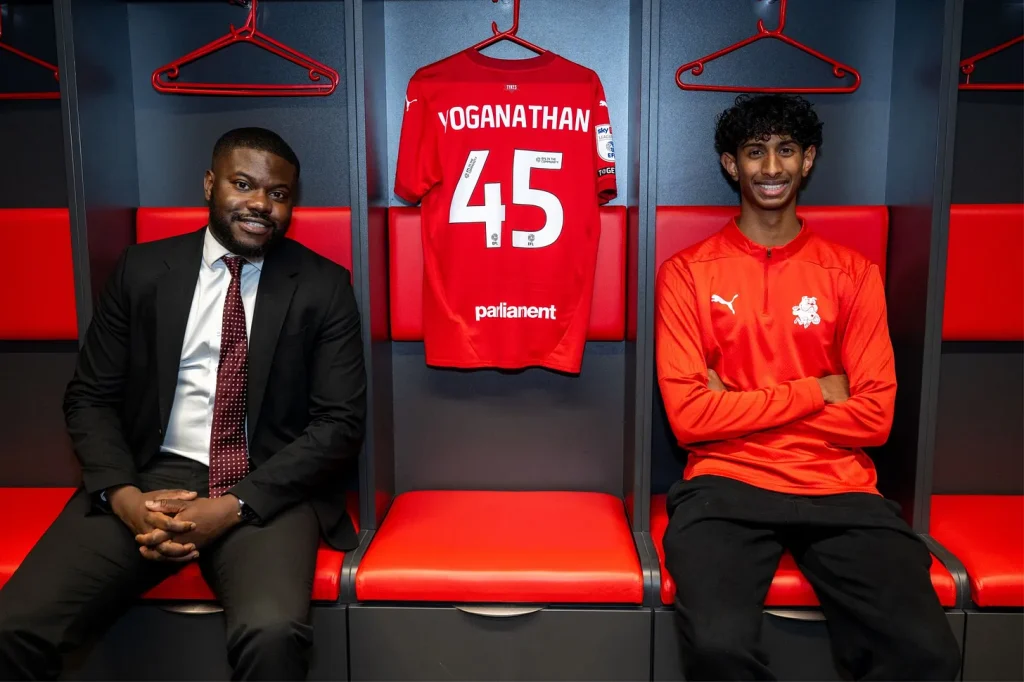
Pleasure to have you here, Ohi. Let’s start with your own career. Tell us about your journey in football before becoming an agent?
Ohi:
“Like many young Nigerians, I chased the professional football dream for years. But as time went on—especially after university—I realised I had to be realistic. While juggling a 9-to-5 at a bank and semi-professional matches at Clapton FC, I had to face the hard truth: the likelihood of reaching the Premier League was slim,” he shares. “That’s when I began to seriously consider a career in football agency instead.”
Ohi’s reflective honesty is a lesson for many aspiring players across Nigeria and West Africa, where football represents escape, identity, and opportunity for millions. “I had to make the tough call to stop chasing the improbable and sink my energy into the business side,” he says. “At 24, if you’re not already on a top trajectory, it’s smart to think about your options.” This reality check is echoed by local coaches and agents in Lagos and Accra, who advise players to prepare early for life off the pitch, be it through education or linked careers.
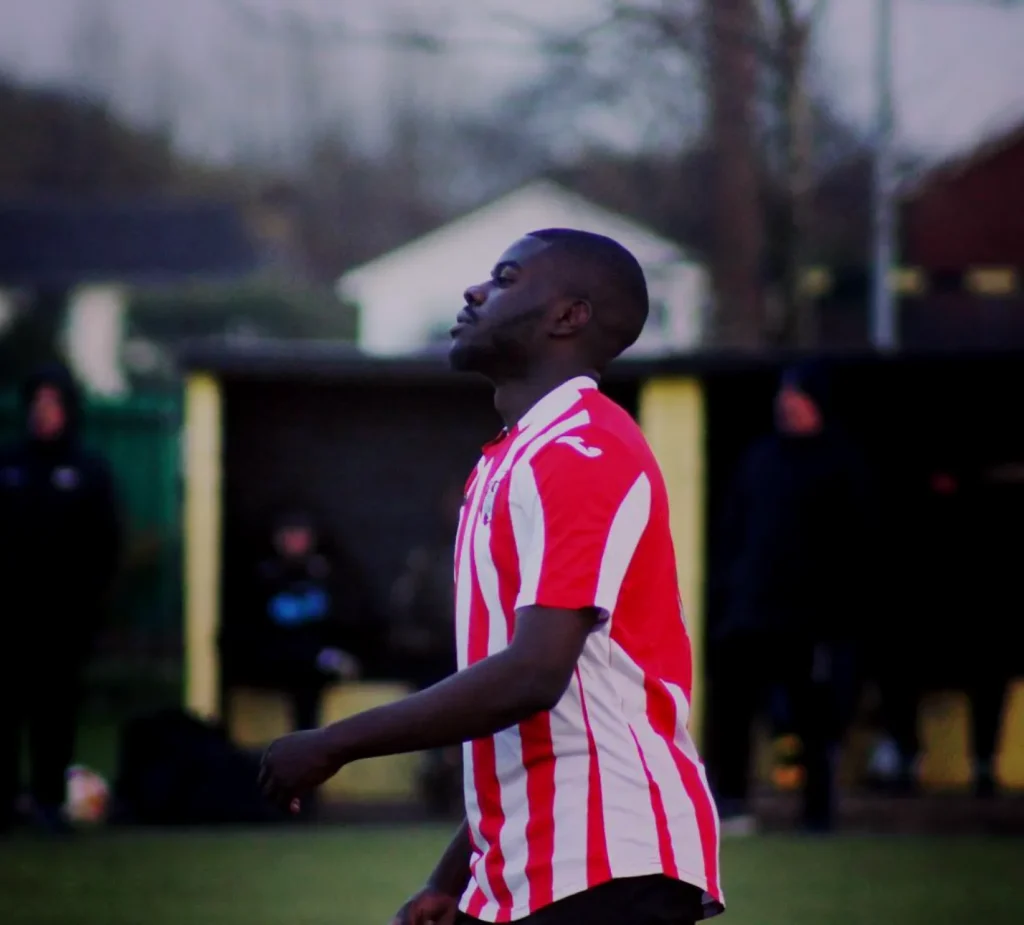
That sounds like a conversation that many young people need to have with themselves. Did you feel any sort of heartbreak? How was that?
Ohi:
“The real heartbreak happened years before when I realised I wasn’t playing at the required level, especially after those trials in Nigeria,” Ohi notes. “Seeing university-level players try to keep up with professionals based in England and Europe opened my eyes.” It’s a struggle shared by many African youth whose skills blossom late or who lack access to constant top-level competition.
Now that you’re an agent, what do you see as the major challenges for young players today?
Ohi:
“Most people underestimate the sheer competitiveness of football. Today, it’s not enough to be talented; you must dedicate yourself completely,” Ohi emphasises. “Even players within the system struggle to get noticed or secure club moves. For those outside, it’s even tougher.” Local experts in Nigeria and Ghana agree: the oversupply of talent and limited opportunities—especially in highly-structured markets like England—pushes many hopefuls to the margins.
What Ohi adds is that technical skills must be paired with a deep business understanding: “I tell my clients and their families: you need to know not just how to play, but how club recruitment works—what they’re looking for, which profiles fit their style. Learning this gives you an edge.”
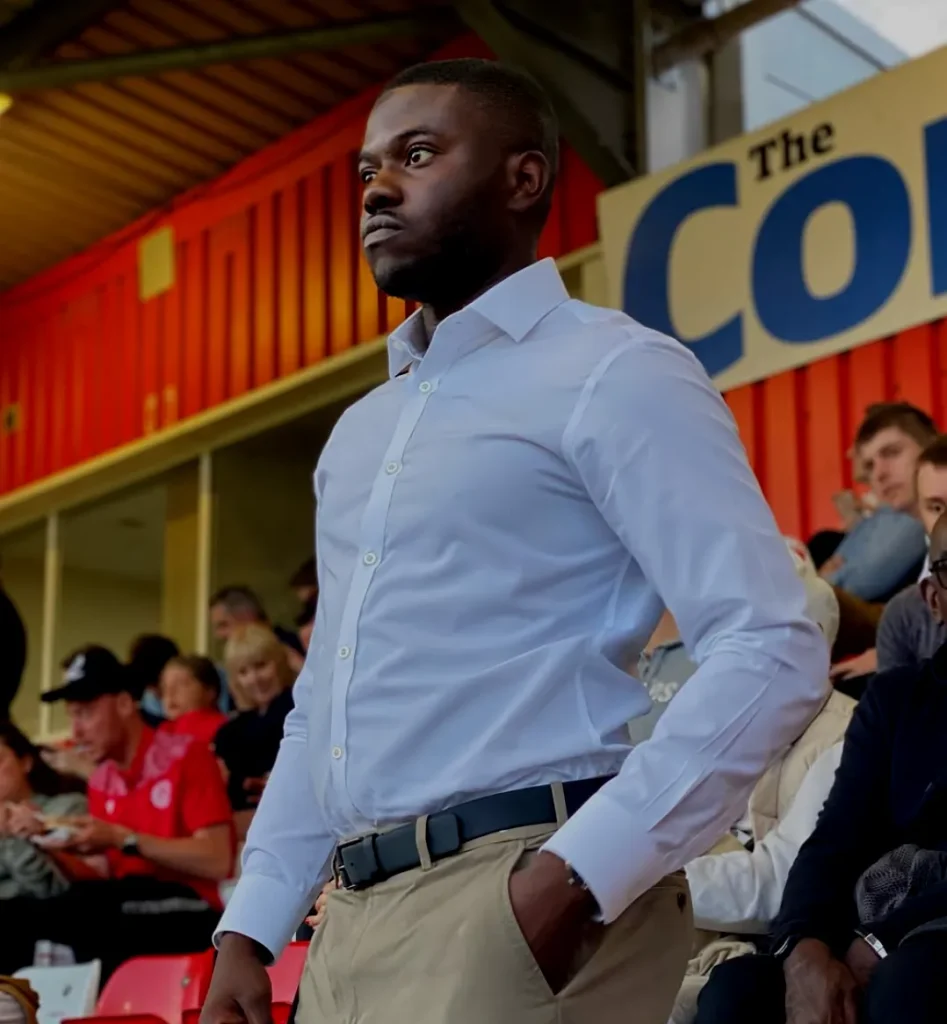
When you talk about ‘fit’, what do you mean? Is it about what a club pays or something else?
Ohi:
“It’s not just about salaries or transfer fees. Clubs look for specific profiles—like a forward of a certain build or playing style,” he explains. “Players should try to understand this, pick up on the language clubs use, and analyse why they may get overlooked for others. It’s crucial insight for anyone dreaming of making it.”
Many young players may think their stats or skills are enough to guarantee success. Is that a misconception?
Ohi:
“Absolutely. Even if you’ve been prolific, clubs might have other priorities. The market is huge, and players must understand they’re competing against a global talent pool. Awareness of this reality can actually help manage expectations and reduce disappointment,” Ohi asserts.
Given these realities, how do you support your clients in this tough environment?
Ohi:
“Support goes beyond contract negotiation. I’m in constant contact with clubs, coaches, and scouts, trying to create opportunities for my clients,” says Ohi. He uses every available channel—phone calls, social media, and in-person meetings—to keep his players visible. “Persistence is key. If a club doesn’t reply, I follow up—sometimes several times. In this field, you must be relentless to get noticed.”
Nigerian-based agent Chukwudi Eze backs this up, telling us, “Success in football agency here requires a thick skin and a vast network. Sometimes, it takes ten calls before you even get acknowledged.”
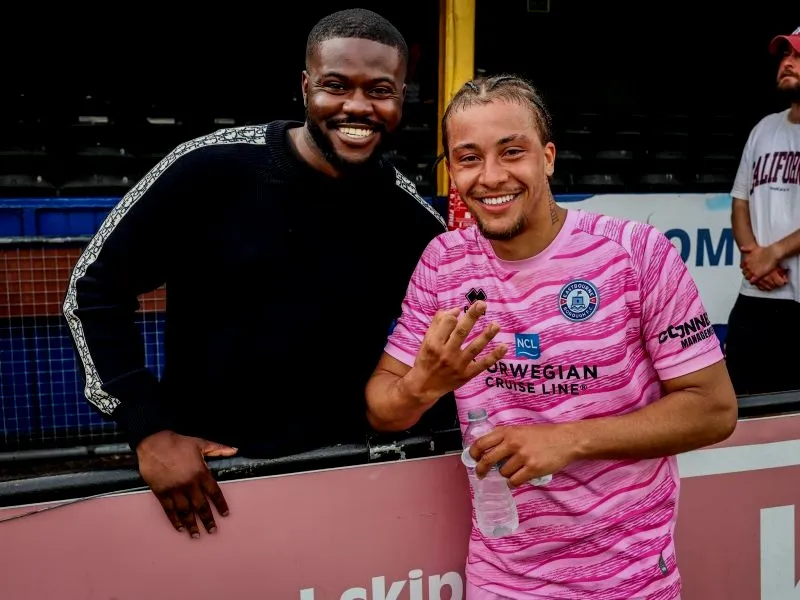
From the outside, it might seem that talent alone gets you noticed, but according to Ohi and multiple industry analysts, your agent’s activity plays a big role in promoting your profile to clubs and scouts—sometimes making the difference between being noticed and being overlooked.
How do you help raise a player’s profile in such a crowded market?
Ohi:
“I believe starting early is crucial. Right from the first scholarship contract at 16, I use social media and trusted media contacts to amplify my clients’ achievements. Platforms like X, Instagram, TikTok, and LinkedIn are powerful when used strategically. Sharing goals, stats, and highlight clips helps clubs track our progress,” Ohi notes. “Word of mouth and constant communication with clubs is another pillar. You never know when a short video online or a good word from a scout will change a player’s life.”
Do social media highlights make a real difference in getting clubs interested?
Ohi:
“Most professional clubs are already aware of talented players. But regular posts keep them on the radar. Even if a recruiter doesn’t act immediately, the player’s name is more likely to stick in their mind when the right opportunity arises.”
So building a brand around a player starts from the beginning?
Ohi:
“100%,” Ohi affirms. “Branding is as vital as skill development. It matters in England, Nigeria, and across Africa and Europe.”
You’re hands-on with your clients, attending matches and training. How important is in-person support?
Ohi:
“It’s essential. The mental part of football is huge, especially for Africans and diaspora players who are far from home. Players who have family or trusted support in the stands perform better. Not having anyone there can lead to overthinking and affect confidence. Sometimes, that support might just be me,” he adds.
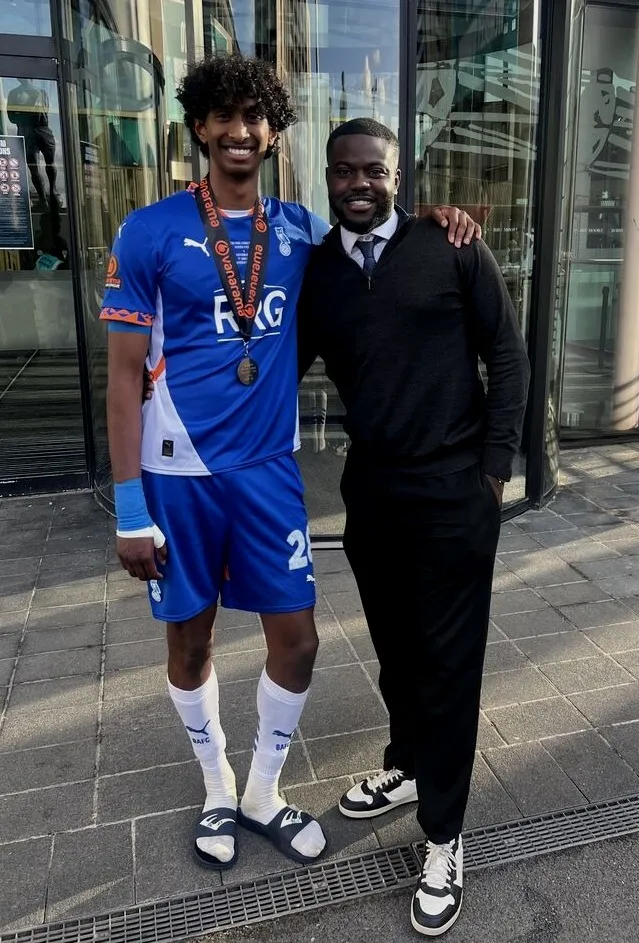
Has your own background as a Black, ethnic-minority agent helped you build rapport with African players?
Ohi:
“Definitely. Being able to relate personally, culturally, and professionally helps build trust. In this industry, families are wary—it’s easy to sign with the wrong agent. My clients’ families know I genuinely care. Unfortunately, not all agents have the players’ best interests at heart, and wrong advice or deals can end a promising career early. It’s essential to work with someone who understands your background and truly wants you to succeed, not just cash in on your talent.”
This viewpoint is echoed by prominent Nigerian football writer Samuel Ahene, who says, “Representation matters, especially for West Africans facing unique obstacles abroad. Agents who understand their realities can better guide their careers.”
What are some of the unique challenges African players face on the international stage?
Ohi:
“African players often sign any deal just to leave the continent, but every agent and every move has consequences. Sometimes, moving to an unfavourable market can stunt a player’s profile—English clubs, for example, are wary about talent from certain regions. Players must be strategic and work with agents who plan long-term, not just aim for quick paydays,” Ohi warns.
Recent research from the Nigerian Institute for Sports (2023) supports this, showing that more than 30% of Nigerian players who move abroad early struggle to re-enter European top leagues, reinforcing the need for well-informed decisions and careful career planning.
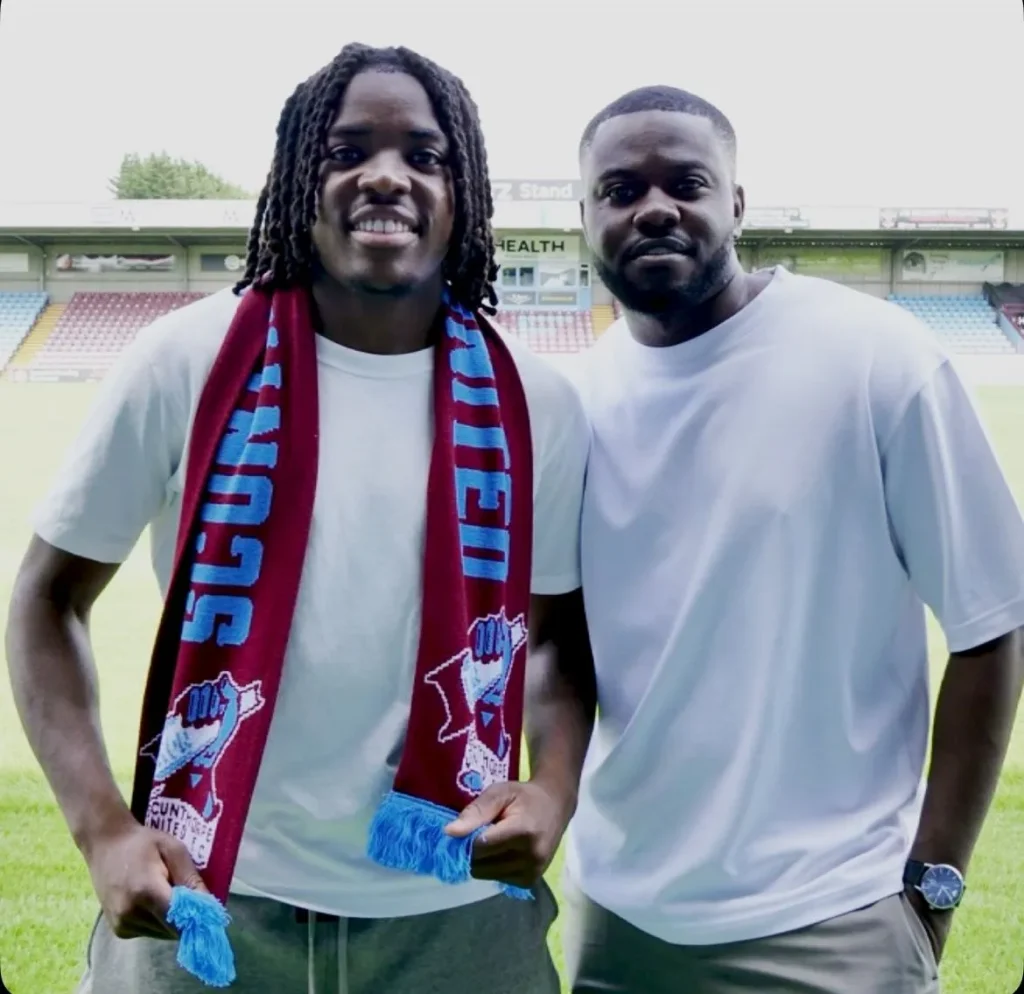
What advice do you have for aspiring agents? Would you do anything differently?
Ohi:
“Start building genuine relationships early—sometimes as young as your teenage years. Focus on resilience, because rejection comes often. Companies ask, ‘What players do you know? Who can you bring?’ It’s not easy for newcomers, so bring value. Even as an intern, your strength is your network: the players, families, and coaches you know.”
Media consultant and former Nigeria U-20 official, Adewale Akintoye, agrees: “In West Africa, who you know can be as important as what you know. Invest early in relationships across clubs and grassroots academies.”
Looking back on your journey, what have been the highs and lows for you as an agent?
Ohi:
“There have been memorable moments—like Viv Solomon-Otabor’s Super Eagles call-up versus Brazil, and Dubem Eze signing for Bolton. Seeing Vimal Yoganathan help his club return to the EFL means a lot. On the flip side, it’s tough watching talented clients held back by injury or bad luck, like Saja Manafa at Everton. The lows are hard, but the highs keep me motivated.”
Who are some young players, on your roster or otherwise, that Nigerians and West Africans should watch?
Ohi:
“Vimal Yoganathan stands out—he’s just 19, playing in League One, and already attracting European interest. Dubem Eze (Bolton), Jason Adigun (Kidderminster), and Abube Onuchukwu are all promising. And keep an eye on Damola Ajayi at Tottenham, currently on loan at Doncaster. These boys are the future of African and global football.”
What comes next for you?
Ohi:
“The journey continues with my current roster at Tap 23, supporting 15 clients and aiming to bring West African talent to the biggest European stages. I’m especially focused on helping more Nigerians find the right pathways. Within the next few years, my goal is to grow our influence and place more players in leading clubs in England, Germany, and beyond.”
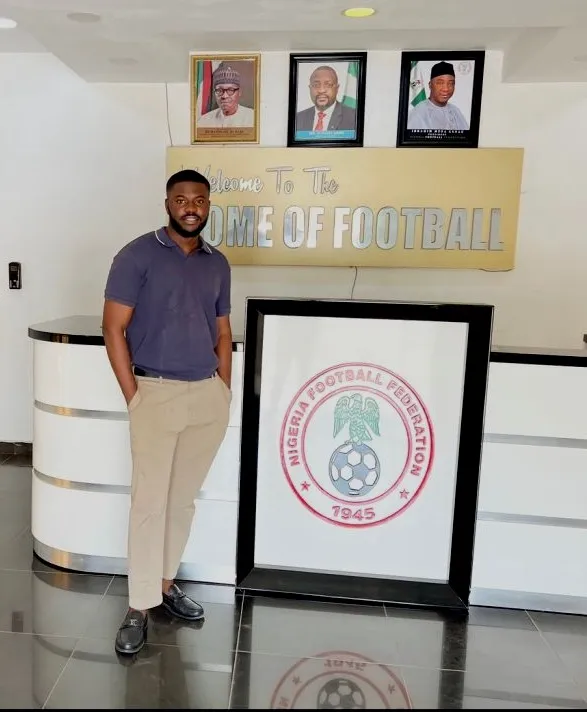
For Ohi Longe, the journey is far from over. His impact is measured not in the limelight, but in the solid foundations he helps young footballers build—foundations of trust, support, and resilience. As competition heats up from Lagos to London, and from grassroots to global leagues, his mission is more vital than ever. It’s a clear signal for Nigerian and West African parents, aspiring players, and future agents: football glory remains a team effort, fuelled by grit, guidance, and the wisdom of those who’ve walked the path before.
Share your thoughts in the comments, join the conversation, and follow us on social media for more inspiring sports stories and career insights!
Have your own story from the world of sports or youth mentorship to share or sell? Reach out—we’d love to hear from you! Email story@nowahalazone.com to get your story featured or discuss story sales.
Connect with us on
Facebook,
X (Twitter), and
Instagram for updates from Nigeria, Ghana, and across Africa!



